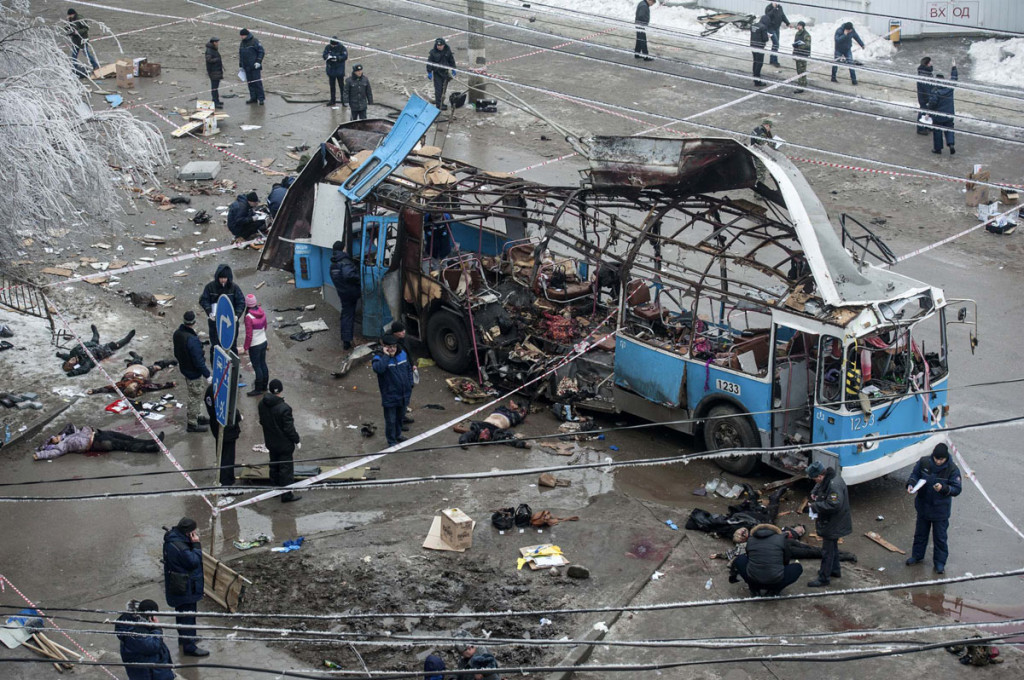Recent attacks in Russia cast shadow over upcoming Olympic Winter Games
By Aidan Mouellic, Staff Writer
The 2014 Sochi Olympics in Russia are only a month away, and terrorists have struck the region of the games with two suicide bombing attacks in the city of Volgograd. In the closing days of 2013, two bombers detonated themselves, one inside a busy rail station and the other inside a tram, killing 34 people overall and injuring dozens more.
Of concern for Olympic organizers, though, is that the deadly bombings have occurred in Volgograd, a city which is 700 km away from the site of the Sochi Winter Olympic and Paralympic Games. Both cities are in the Caucasus region of Russia which has long been host to both ethnically and religiously motivated violence. Volgograd was previously known as Stalingrad, the city made famous for hosting a decisive battle against the Nazis in World War II.
In September of 2004, the region also experienced a heinous terrorist attack in the town of Beslan, about 350 km away from Sochi. In the attack, over 1,000 people (777 of whom were children) were taken hostage in a school by militant separatists. The three-day crisis ended with more than 300 individuals dying, most of whom were children.
Russia has vowed to maintain safety and security at the Olympics in Sochi, the city which lies on the coast of the Black Sea. Naval warfare vessels have been patrolling the waters around Sochi and security checkpoints have been strategically placed in the surrounding areas adjacent to the venues; still, the terrorist threat has been made abundantly clear with the two major attacks in Volgograd.
After two days of silence following the Volgograd bombings on December 29 and 30, Russian President Vladimir Putin said that he “will continue the fight against terrorists harshly and consistently until their complete destruction.”
Russia boosted its police and military presence in Volgograd by bringing in more than 5,000 members of its forces to execute raids and searches for individuals connected to the bombings. They have not turned up any evidence for those linked to the bombings thus far, and no one has come forward.
Some, though, are pointing fingers to Russia’s most-wanted Chechen militant figure, Dokka Umarov, who has a $5-million bounty on his head. Last July, Umarov encouraged his supporters to disrupt and stop the upcoming Olympics using “maximum force,” because “[t]hey plan to hold the Olympics on the bones of our ancestors, on the bones of many, many dead Muslims buried on our land by the Black Sea.” He’s also stated that the games should be called the “satanic games.”
It’s still unclear how these recent terrorist attacks in Russia will affect the Sochi games but it’s leaving the host country and onlookers on edge. The upcoming Olympics are a target for local Russian extremists who hope to disrupt the sporting event and spread their message as the eyes of the world look on.


